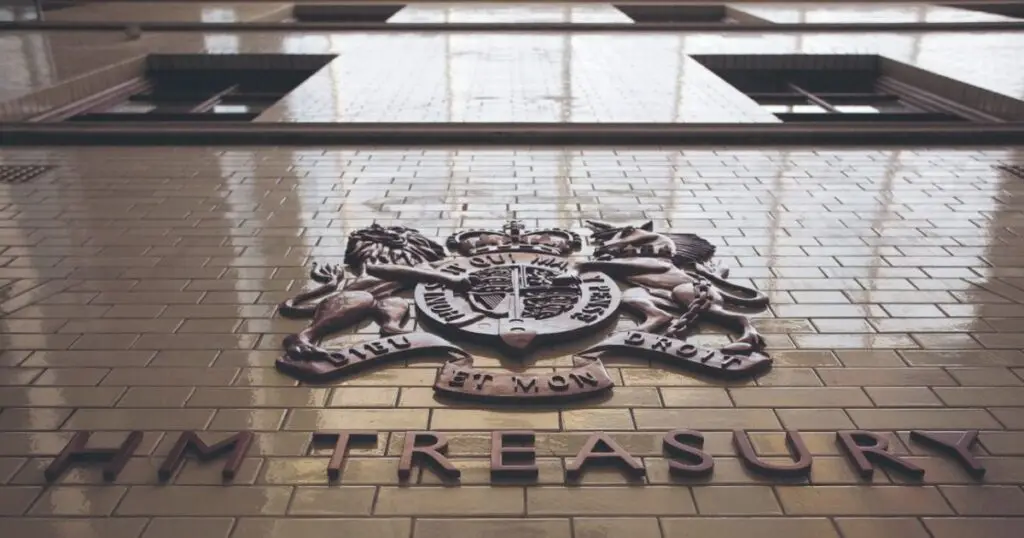Inheritance tax receipts are on course for another record-breaking year, raising speculation about potential reforms from the Chancellor. HMRC’s latest data indicates that inheritance tax receipts soared to £3.5 billion from April to August, a £300 million increase compared to the same period last year.
The government has kept the inheritance tax thresholds unchanged, which has resulted in more estates being subjected to the tax due to rising asset values. In the 2024 financial year, the tax amassed a historic high of £7.5 billion, marking a substantial increase from the previous record of £7.1 billion.
Financial planning specialist Shaun Moore from Quilter noted that the rise in inheritance tax receipts would “no doubt” fuel speculation regarding Labour’s plans to further increase the levy. Currently, inheritance tax is levied at 40% on estates exceeding £325,000, with various exemptions meaning only about five percent of deaths incur this tax, often at a significantly reduced effective rate.
Chancellor Rachel Reeves is reportedly exploring measures to augment revenue from the tax in an effort to address the purported £22 billion shortfall in public finances. Speculation suggests she may target certain inheritance tax loopholes, such as the tax exemption on AIM shares, which allows for tax-free transfer of shares if they have been held for at least two years before death. Rumours of such reforms have prompted warnings from the City, suggesting that eliminating this relief could cause ‘irrecoverable damage’ to London’s junior market.
Andrew Tully, Technical Services Director at Nucleus, highlighted other potential reforms, including adjustments to the rules on agricultural land. Presently, individuals can claim up to 100% relief on the inheritance of actively farmed agricultural land. Tully also suggested tightening the qualifying criteria for business relief, though he cautioned that this might conflict with the desire to boost investment in the UK. The Institute for Fiscal Studies (IFS) has argued that closing loopholes in the inheritance tax system could generate an additional £4 billion.
Moore from Quilter contended that there is a ‘strong argument for simplifying the system’ to encourage gifting during one’s lifetime. He explained that the complexity of the current system often results in confusion and inequities. A simplified system could reduce the administrative burden for both taxpayers and HMRC, while also making the system fairer.
The ongoing rise in inheritance tax receipts and the possibility of reforms underscore the need for a balanced approach that addresses revenue shortfalls without stifling investment and economic growth. The complexity of the current system calls for simplification to make it more equitable and efficient.


